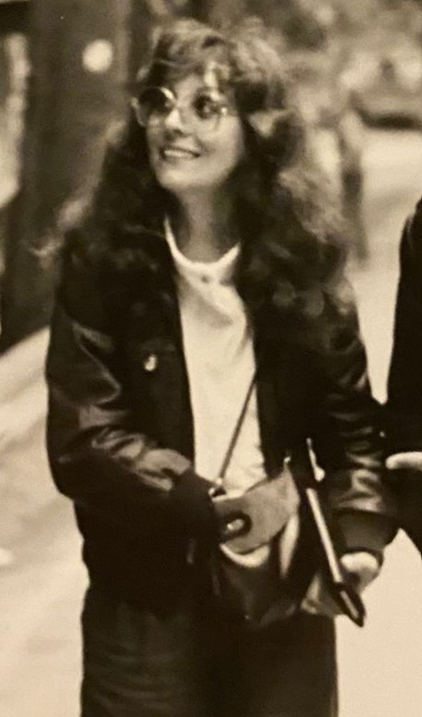Life under the last regime? I didn‘t know any other alternative

Stáhnout obrázek
Helena Bartíková, née Jelínková, was born in Humpolec on 22 March 1955. Her parents Bohumil and Marie Jelínkovi came from poor background. Her father was a member of the Communist Party of Czechoslovakia until 1972 and was expelled for opposing the August 1968 occupation. Because of her background, the witness was unable to go to university after graduating from the gymnasium in Pelhřimov. She wished to work with children, but the regime prevented her from doing so. Because of this, she went to Prague and worked at ČKD Praha in the supply department, at the same time she started to work in the theatre. In 1986, she started working at Supraphon, where she began working in the artistic department. The movement in the art industry shaped her anti-regime views, and in the revolutionary year of 1989 she signed the petition Several Sentences. With her husband, she participated in the Jonáš-club meetings at the Semafor theatre. In 1989, she participated in demonstrations, collected aid for striking students and actors, and took part in the founding of the Civic Forum at Supraphon.










